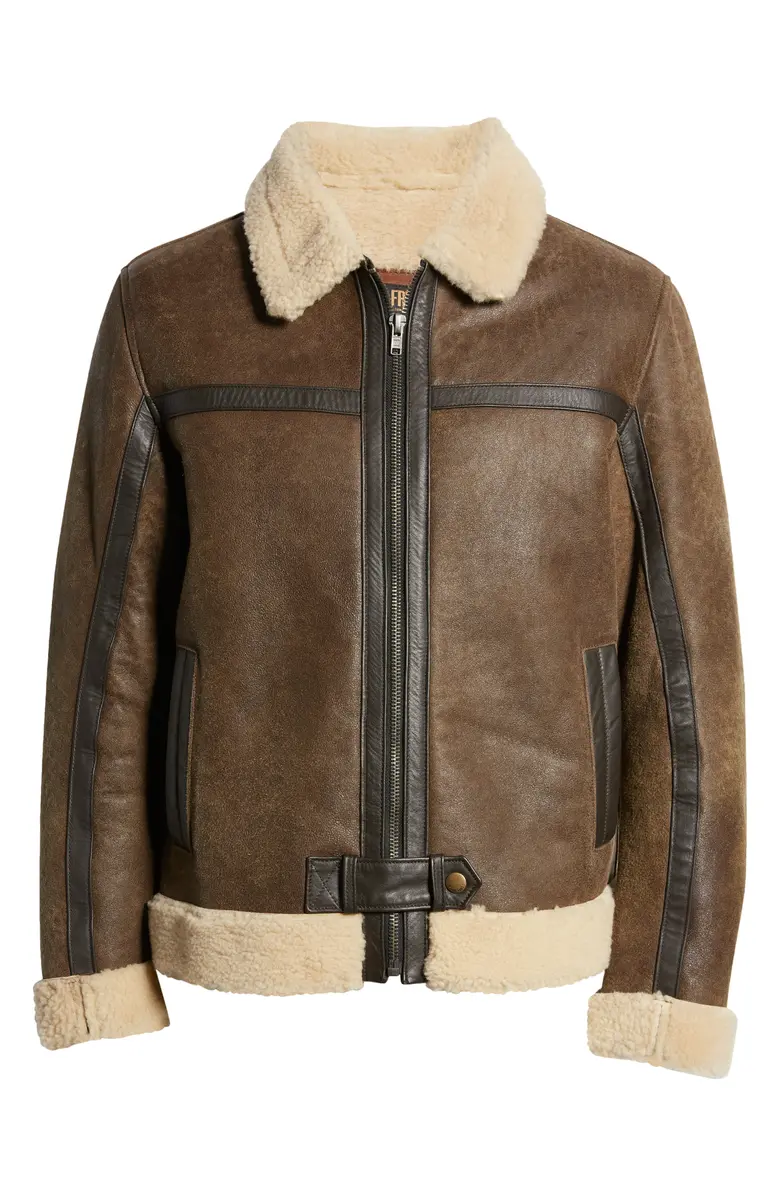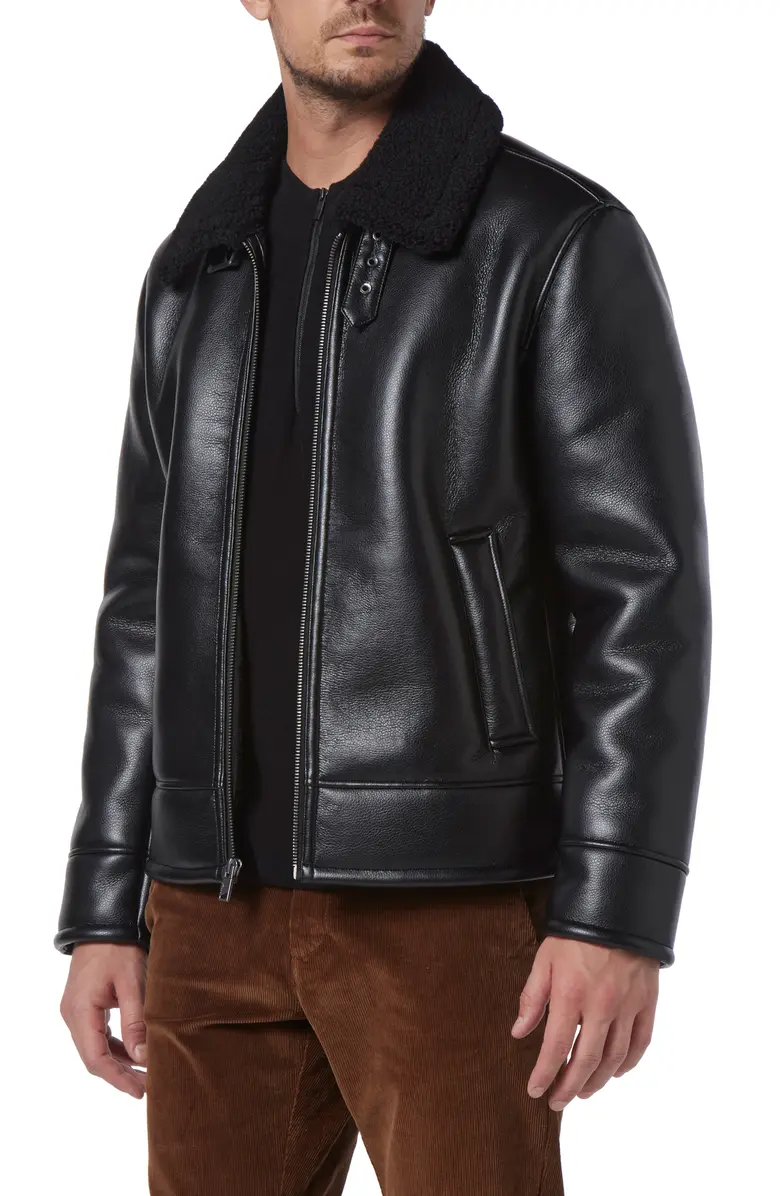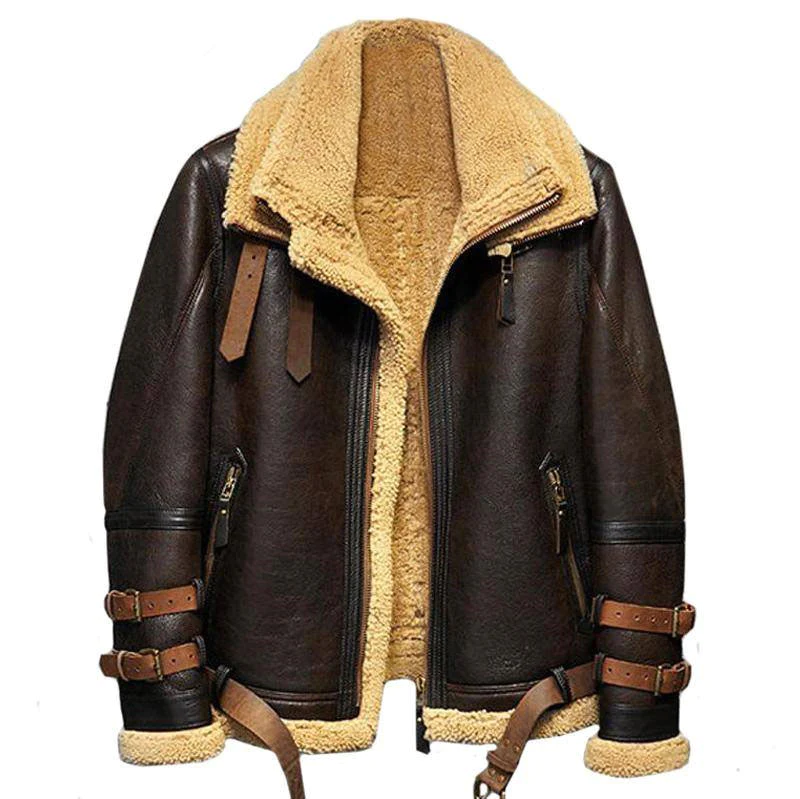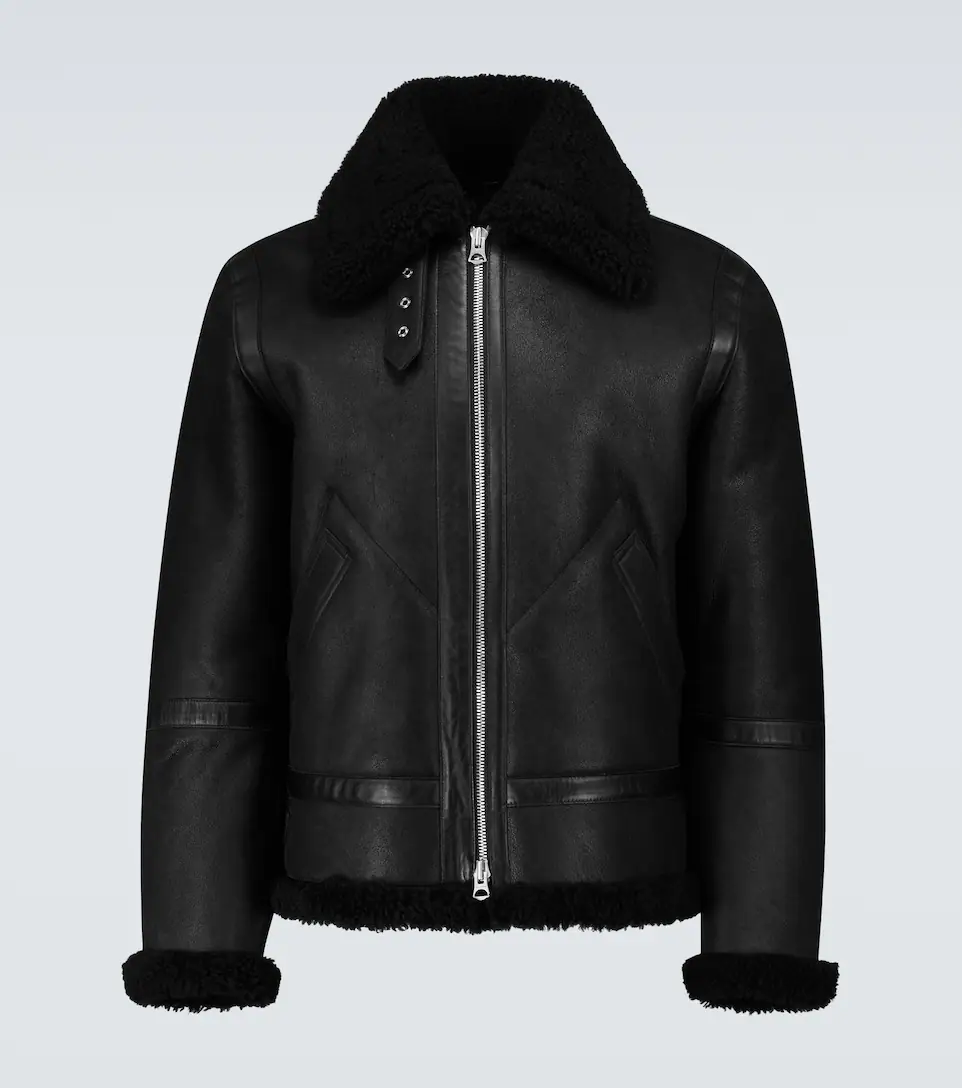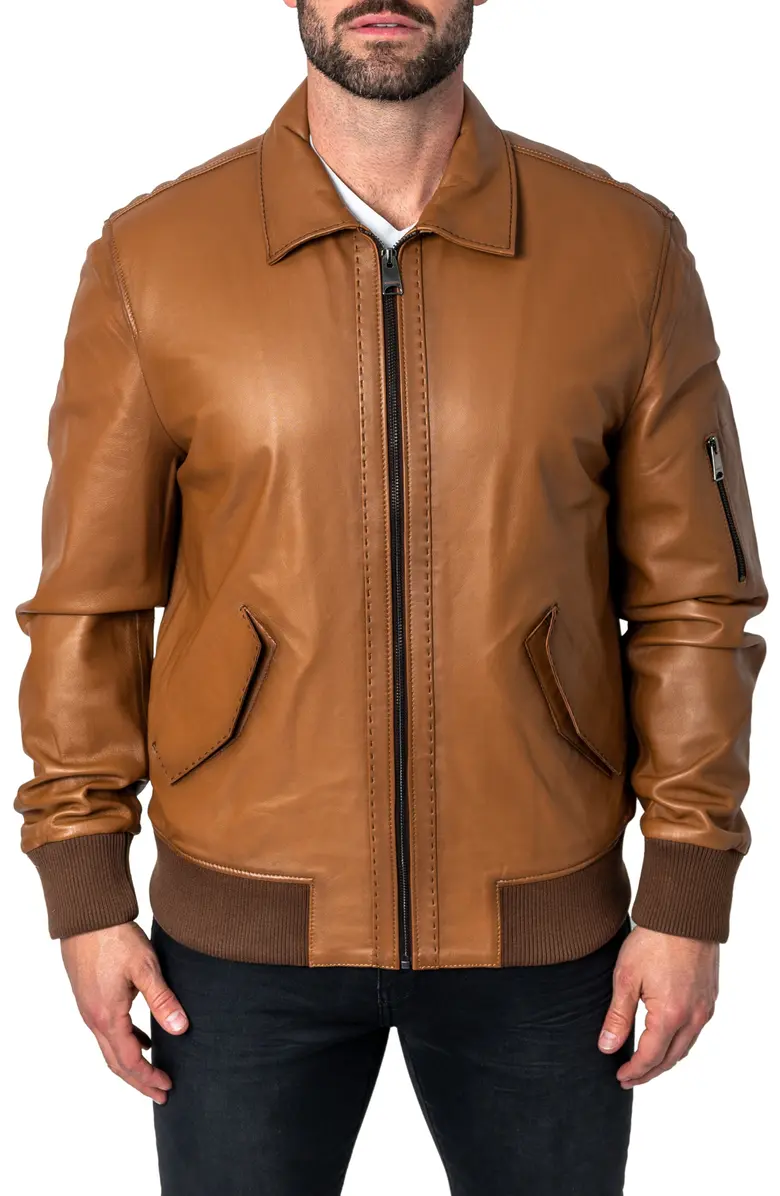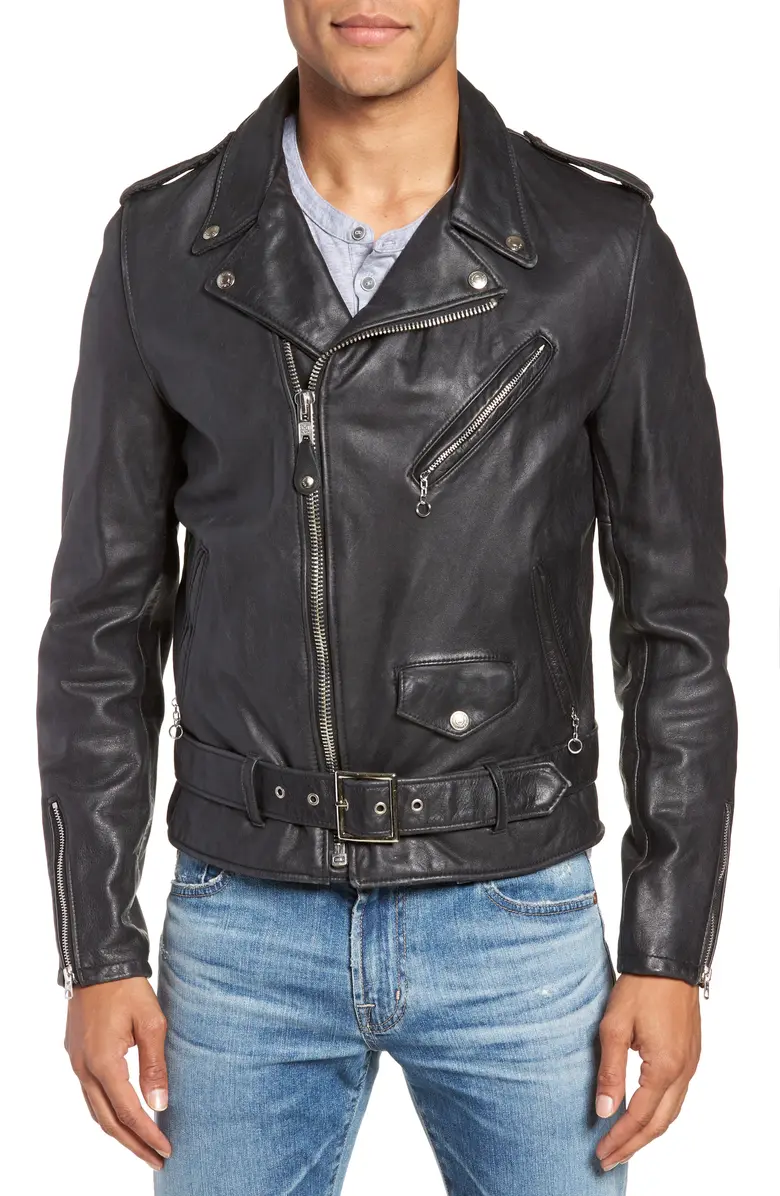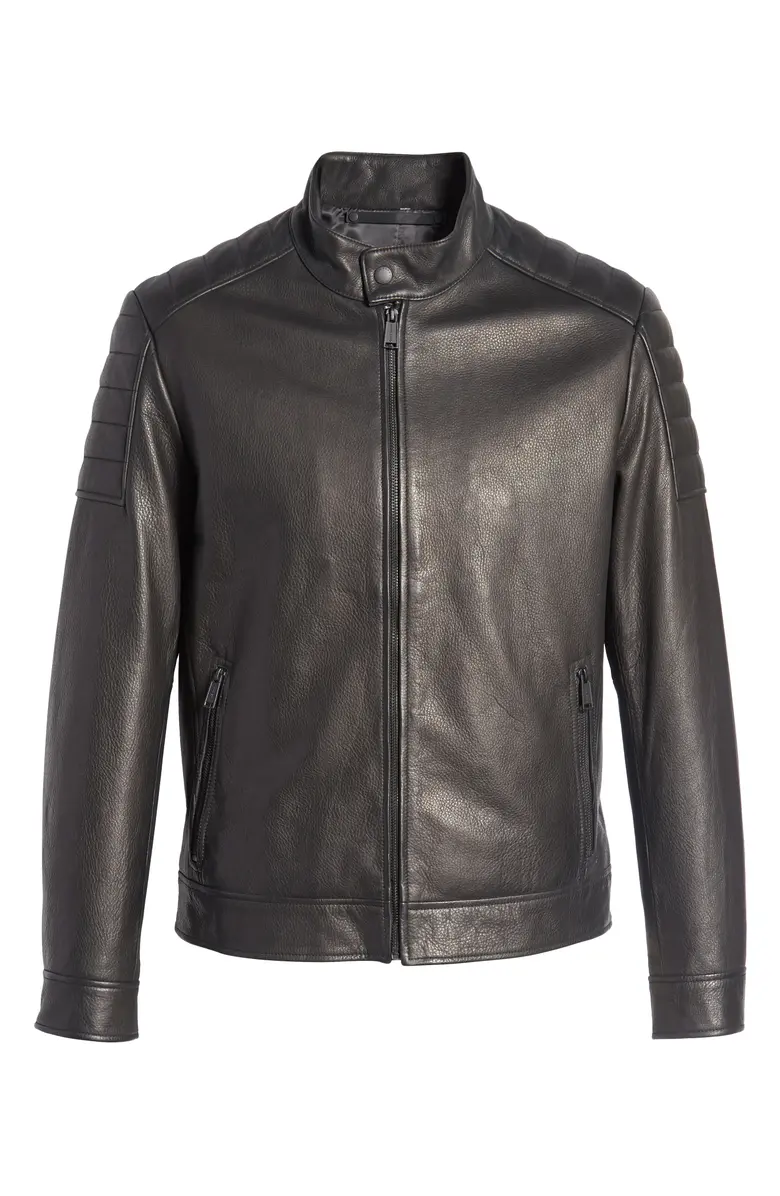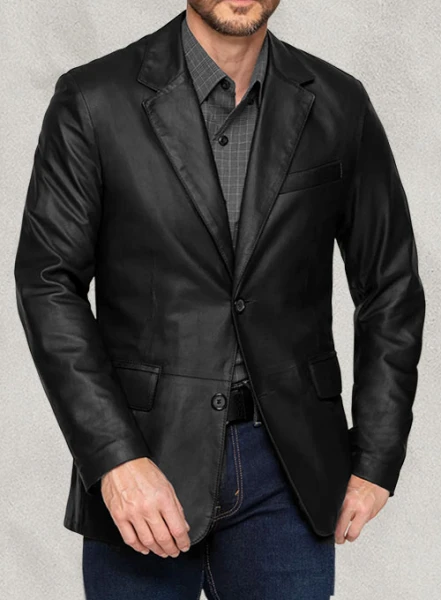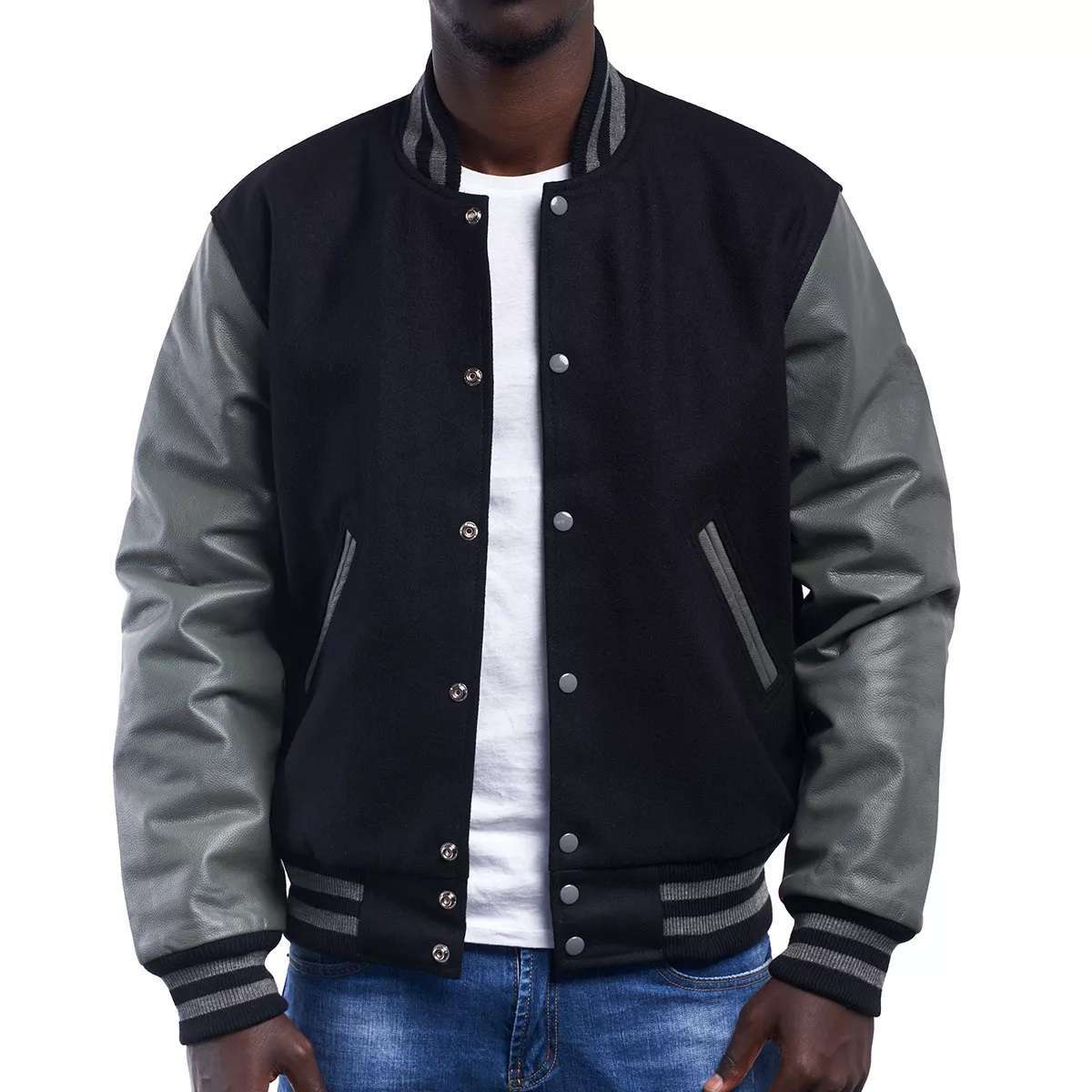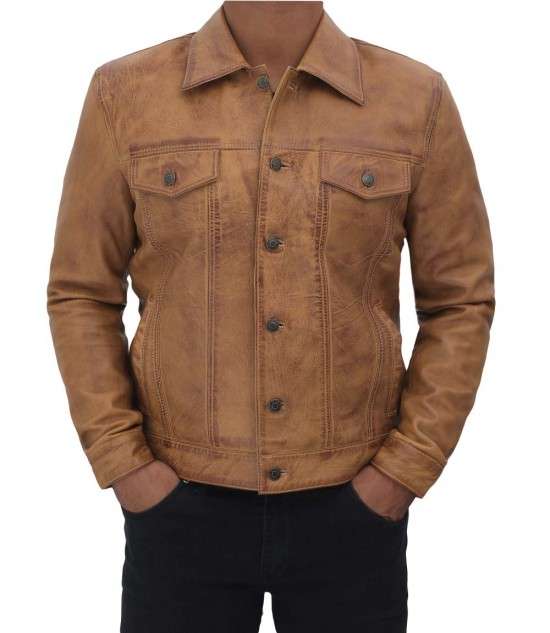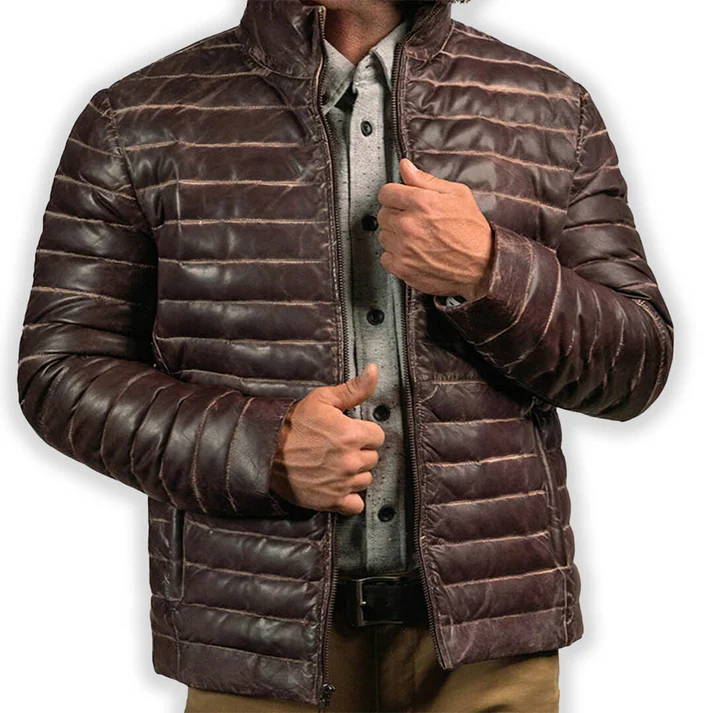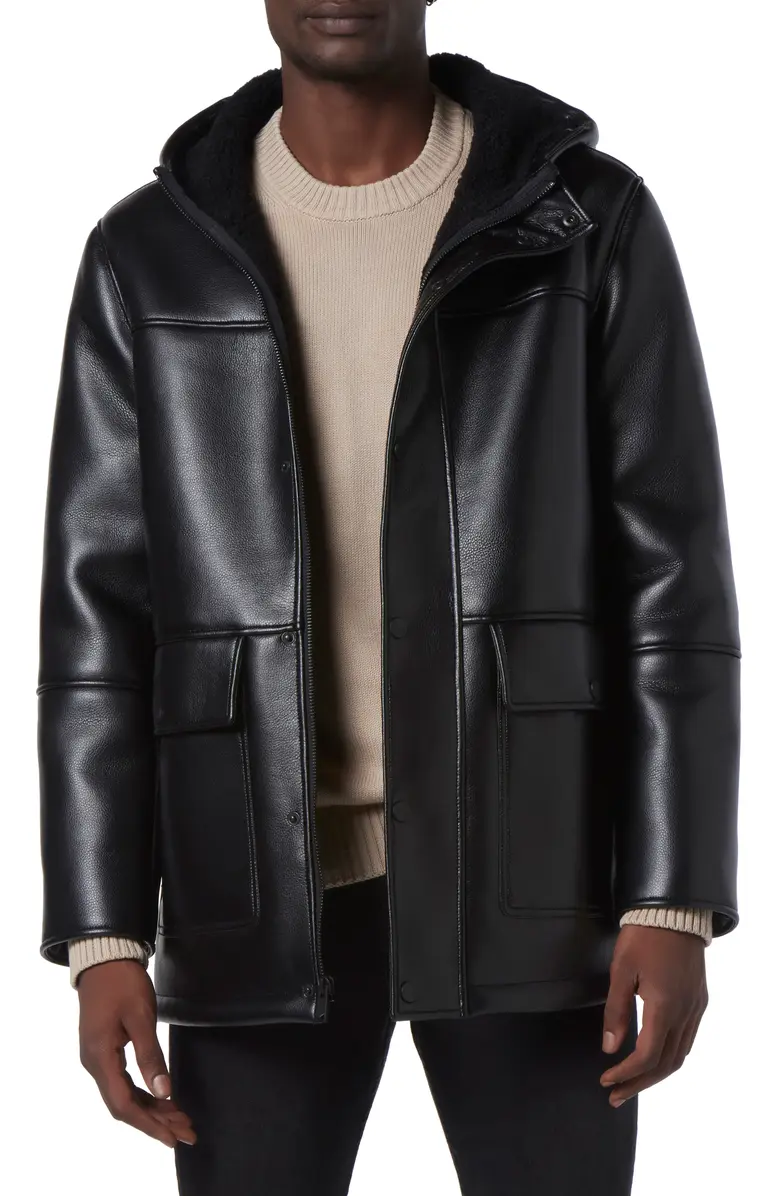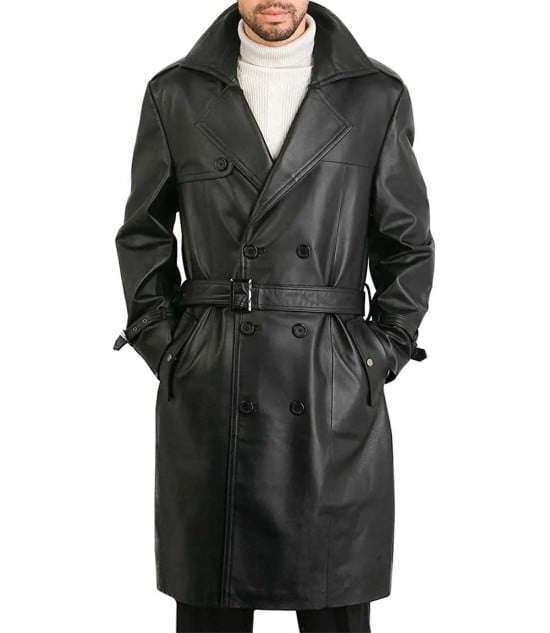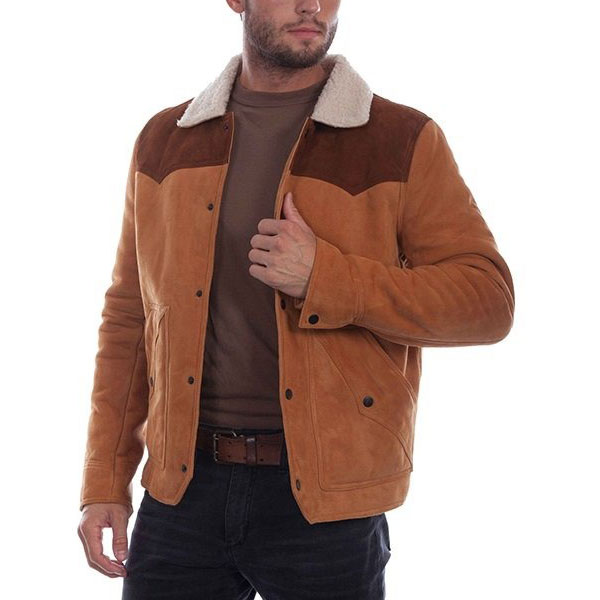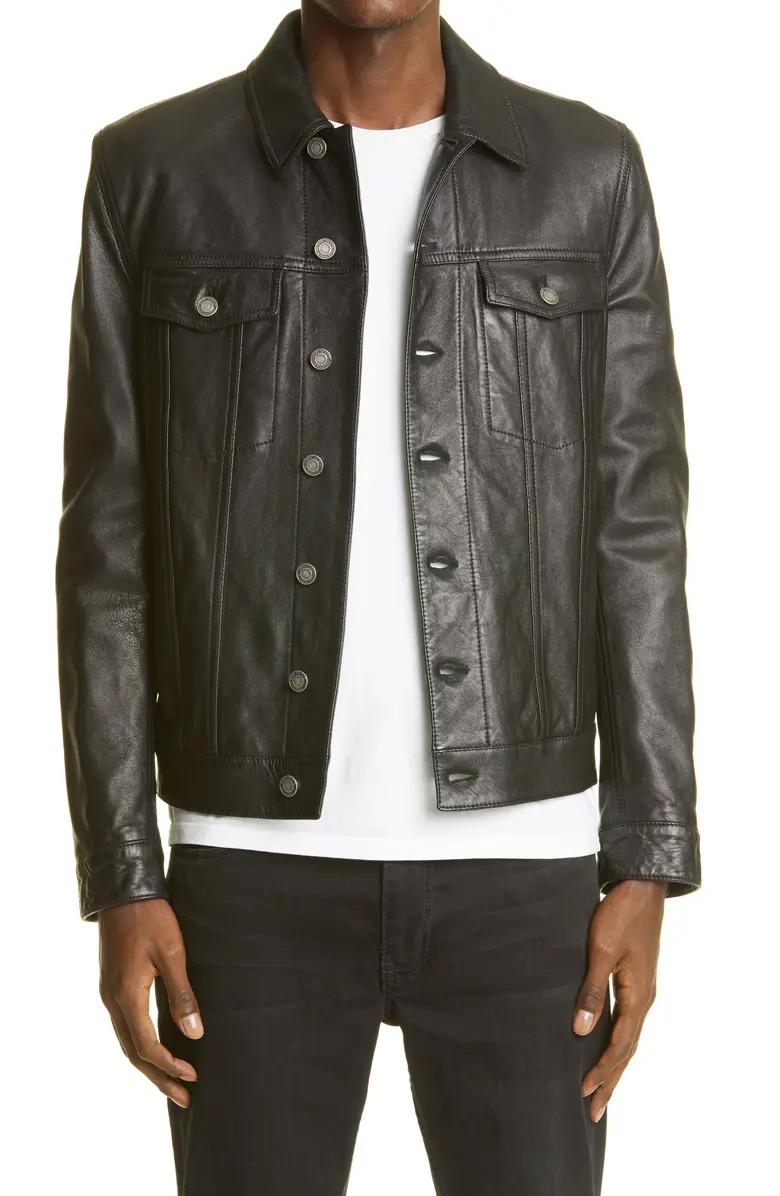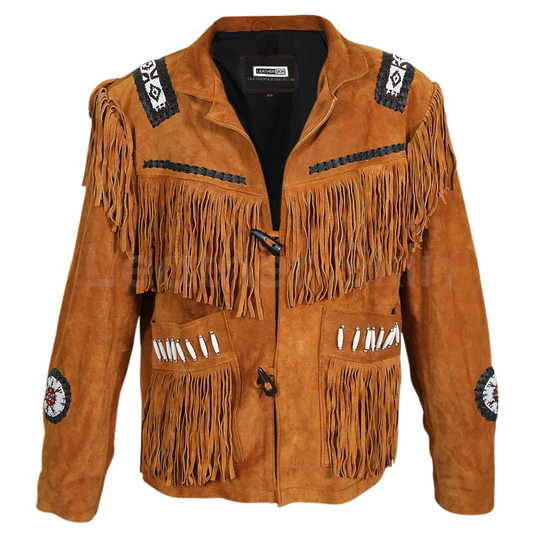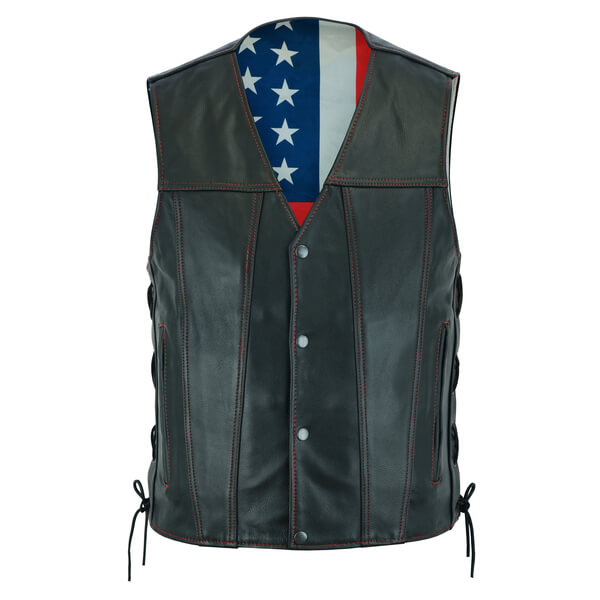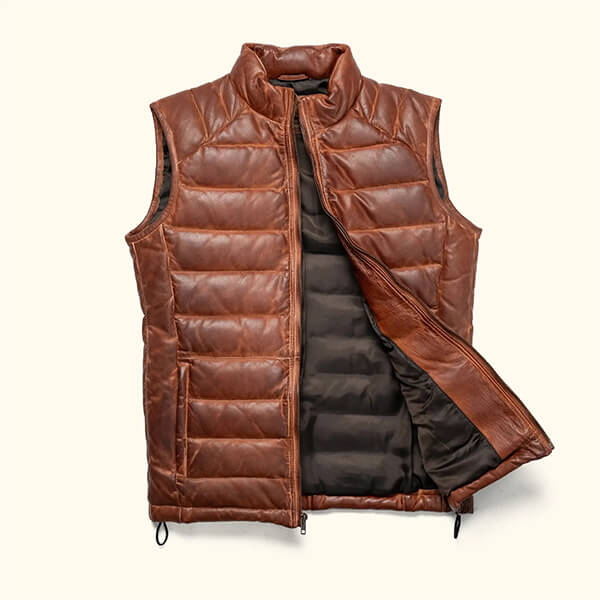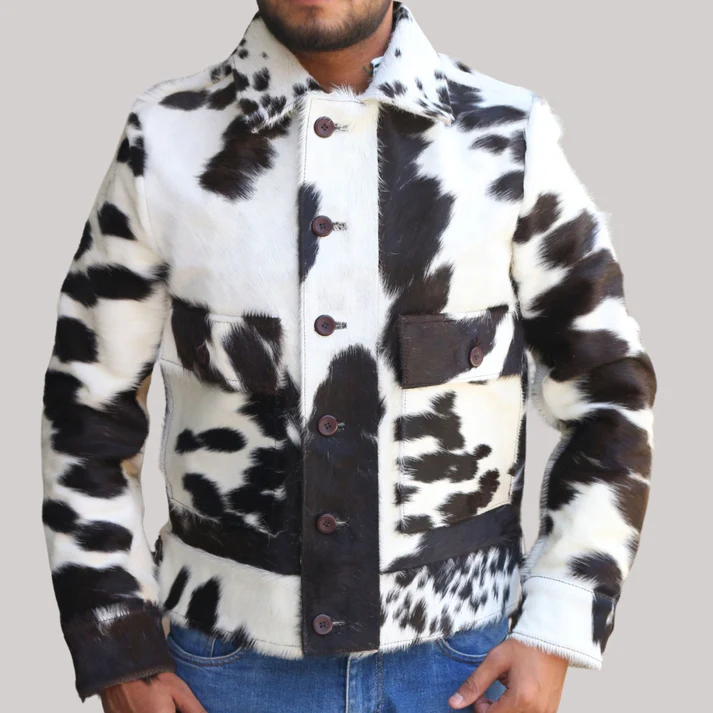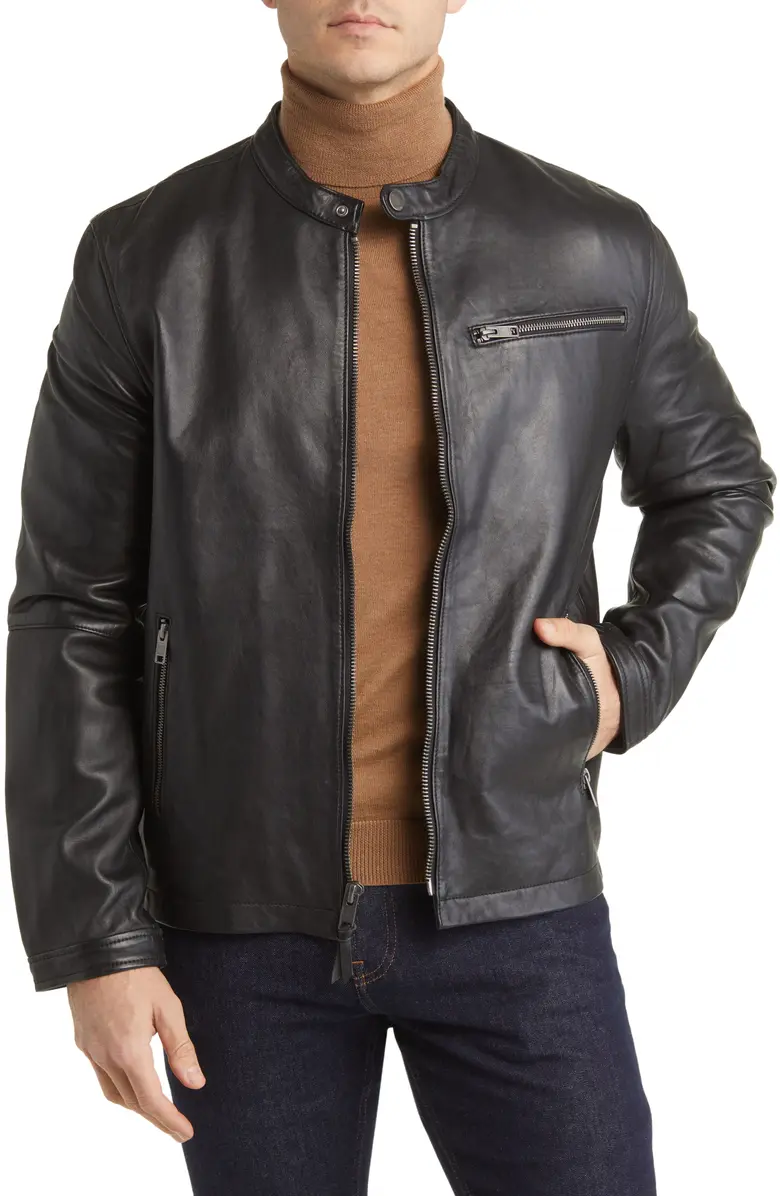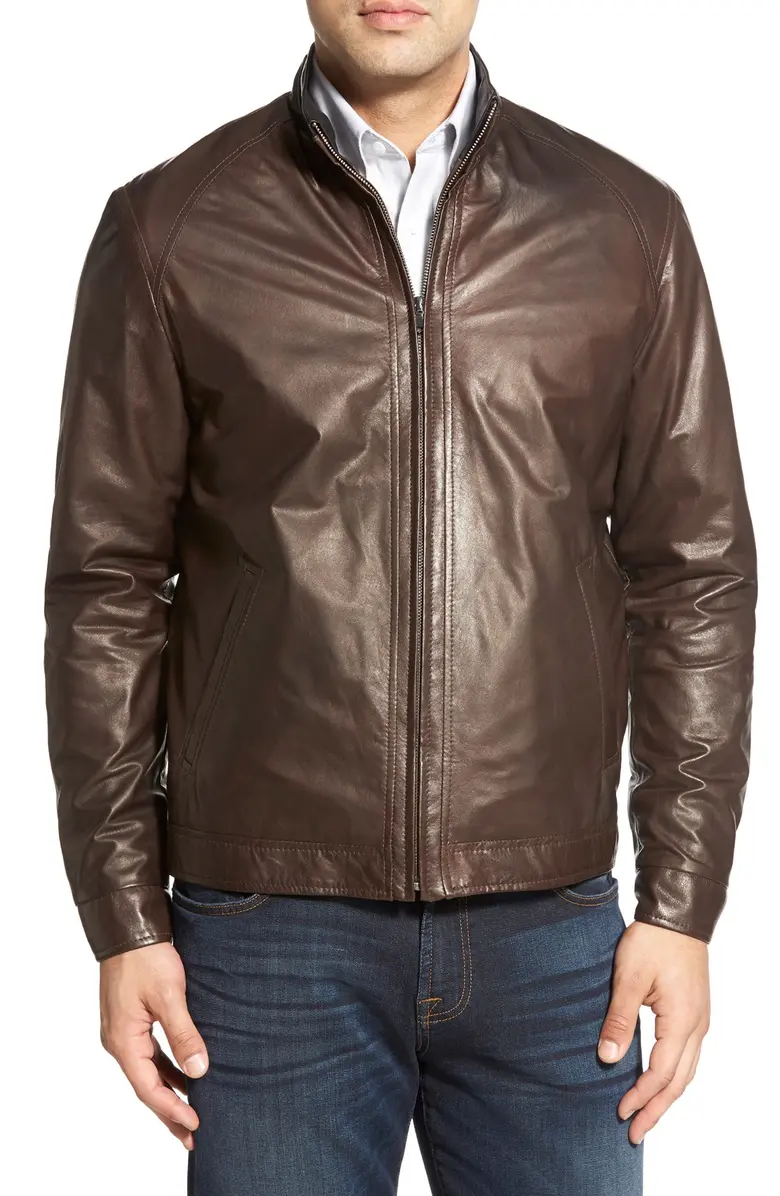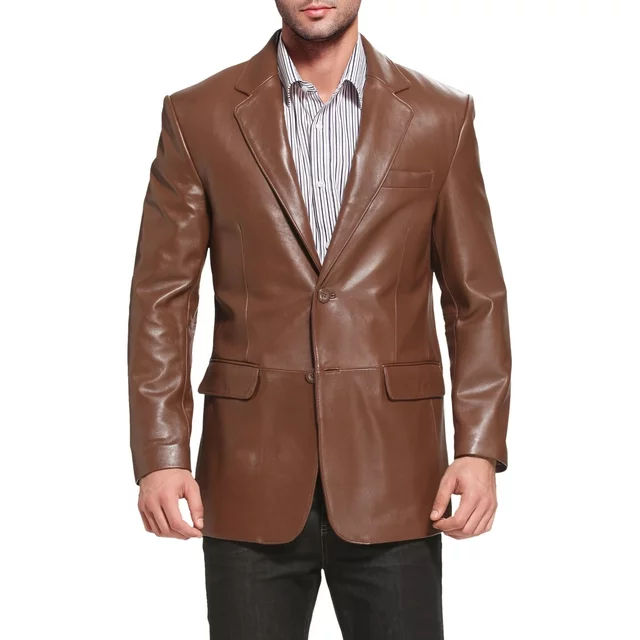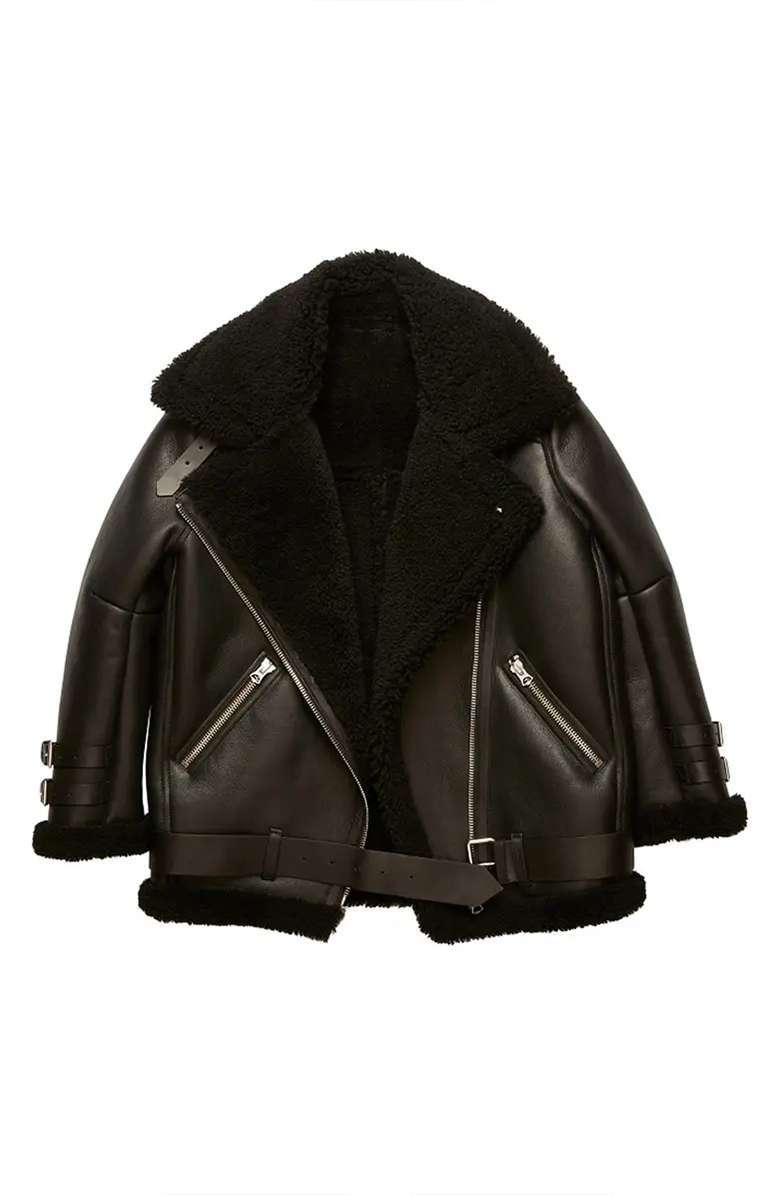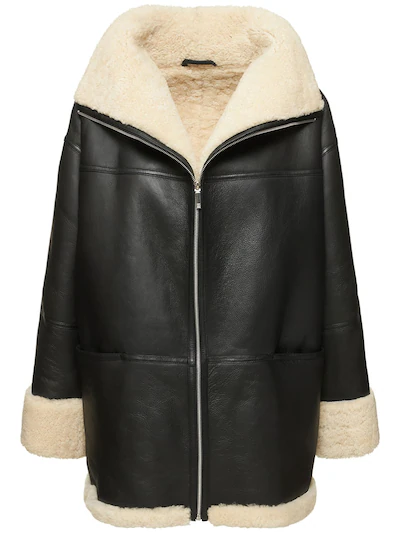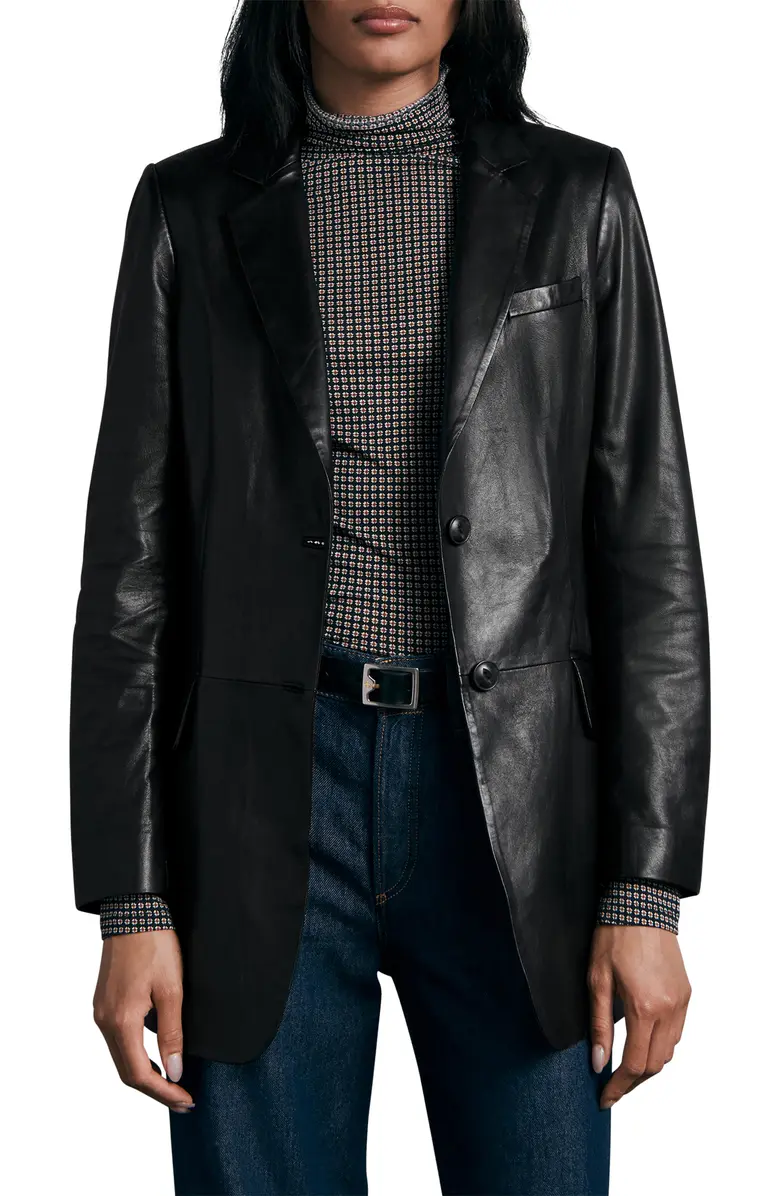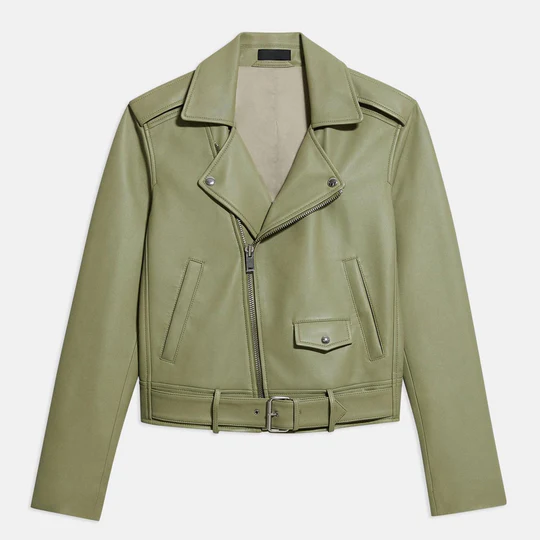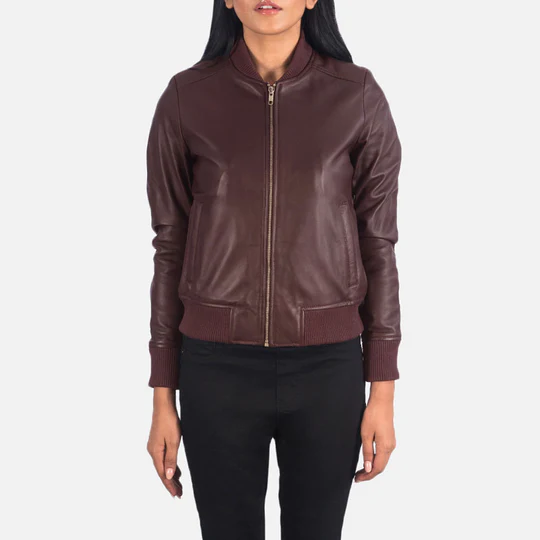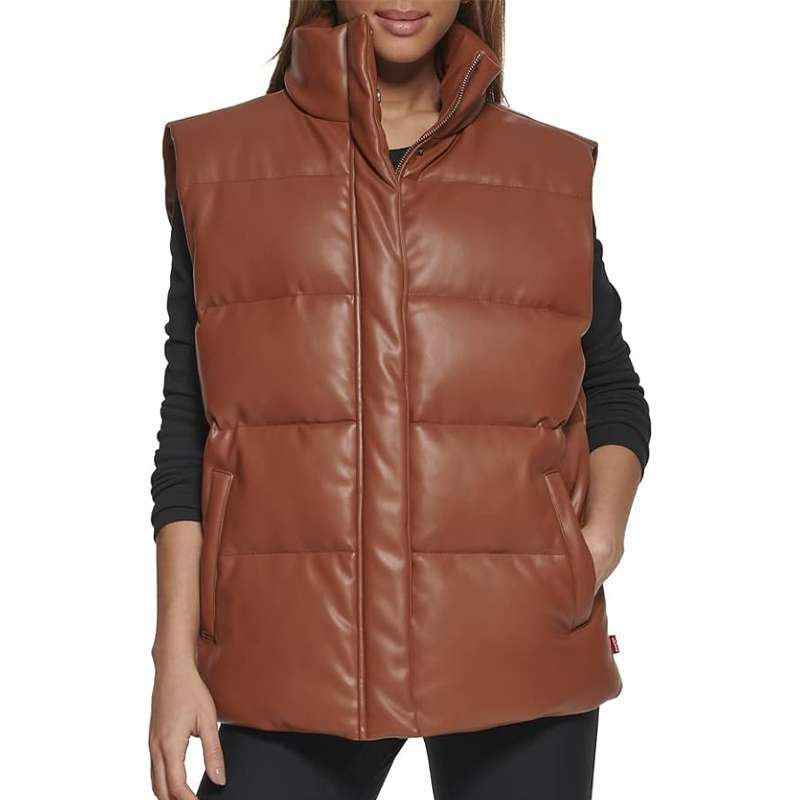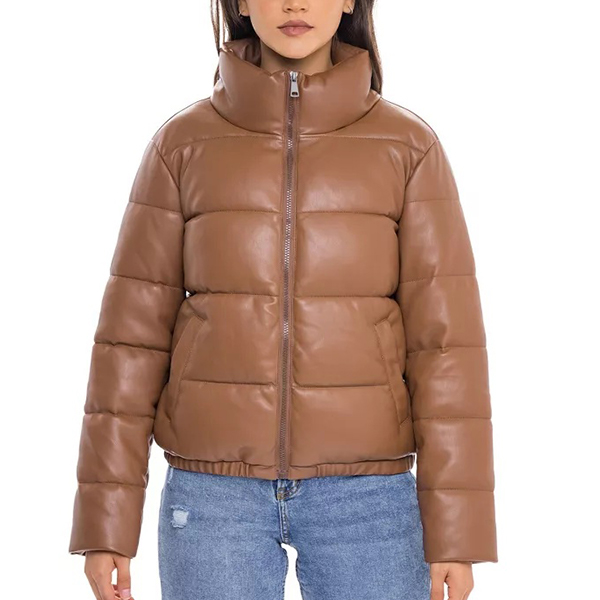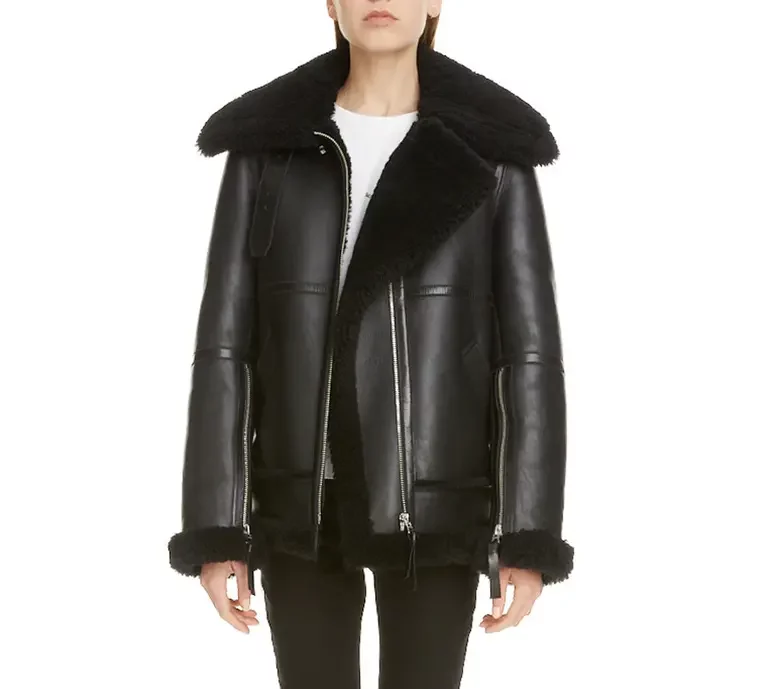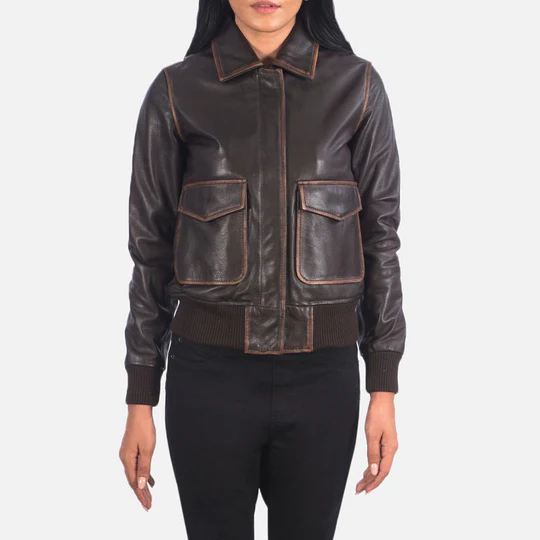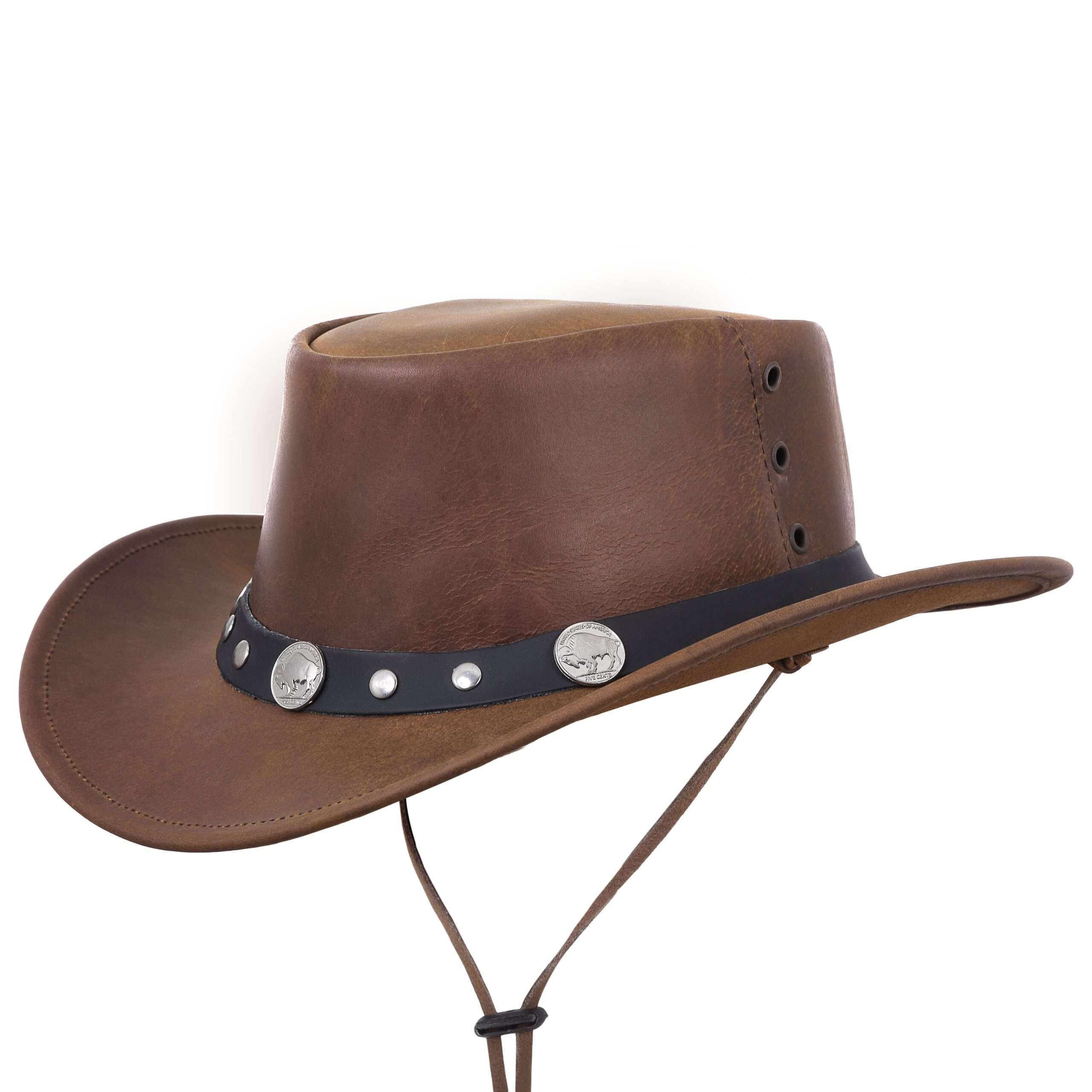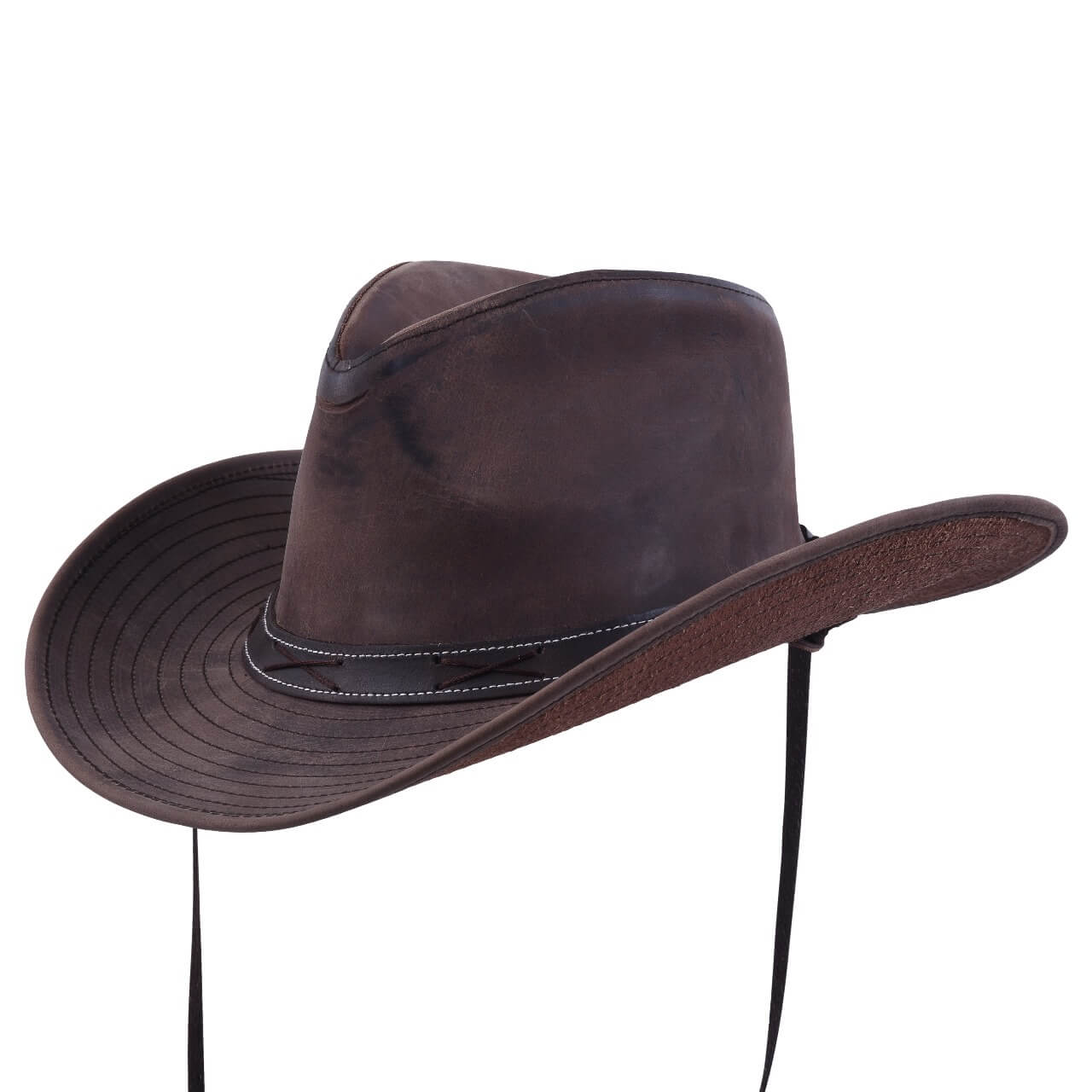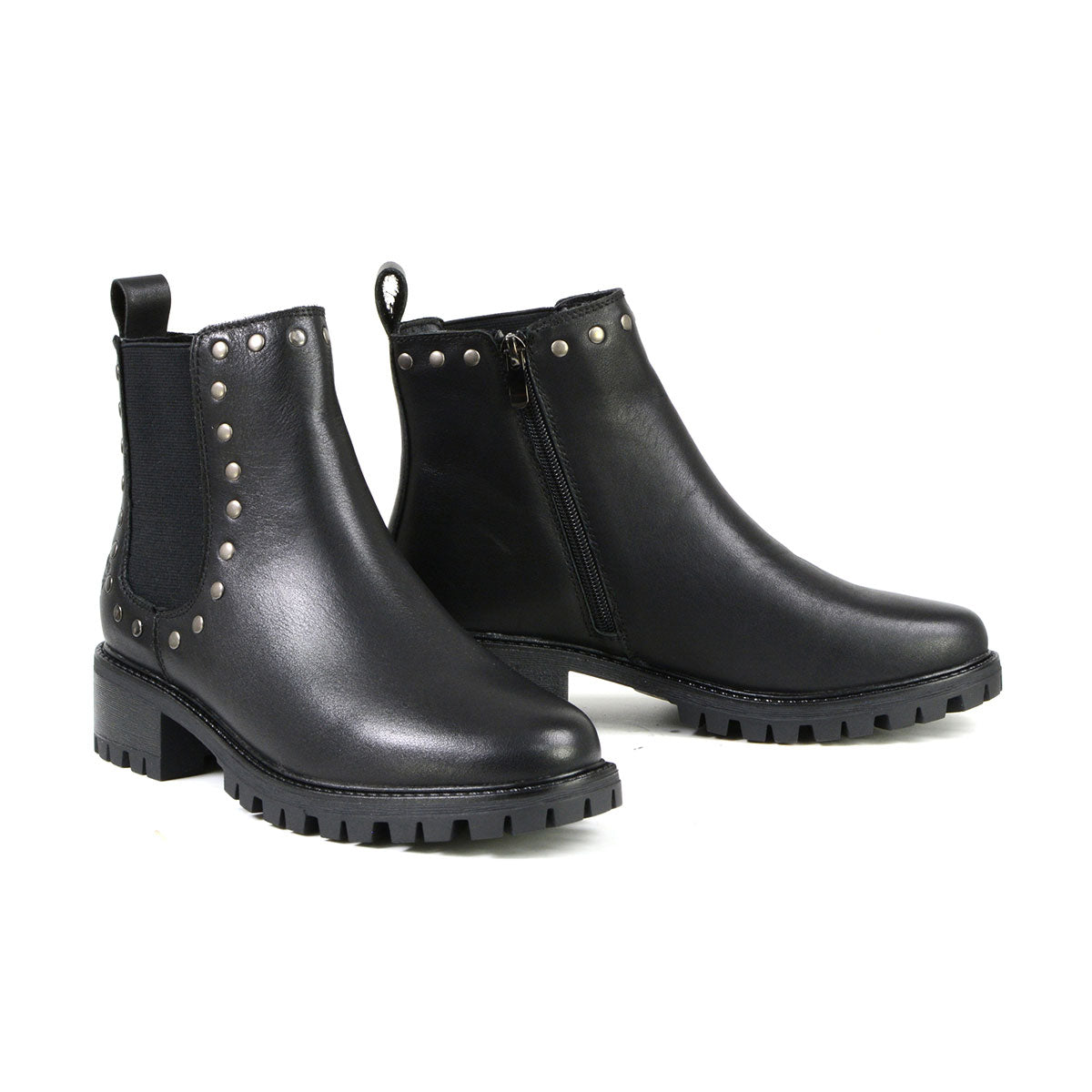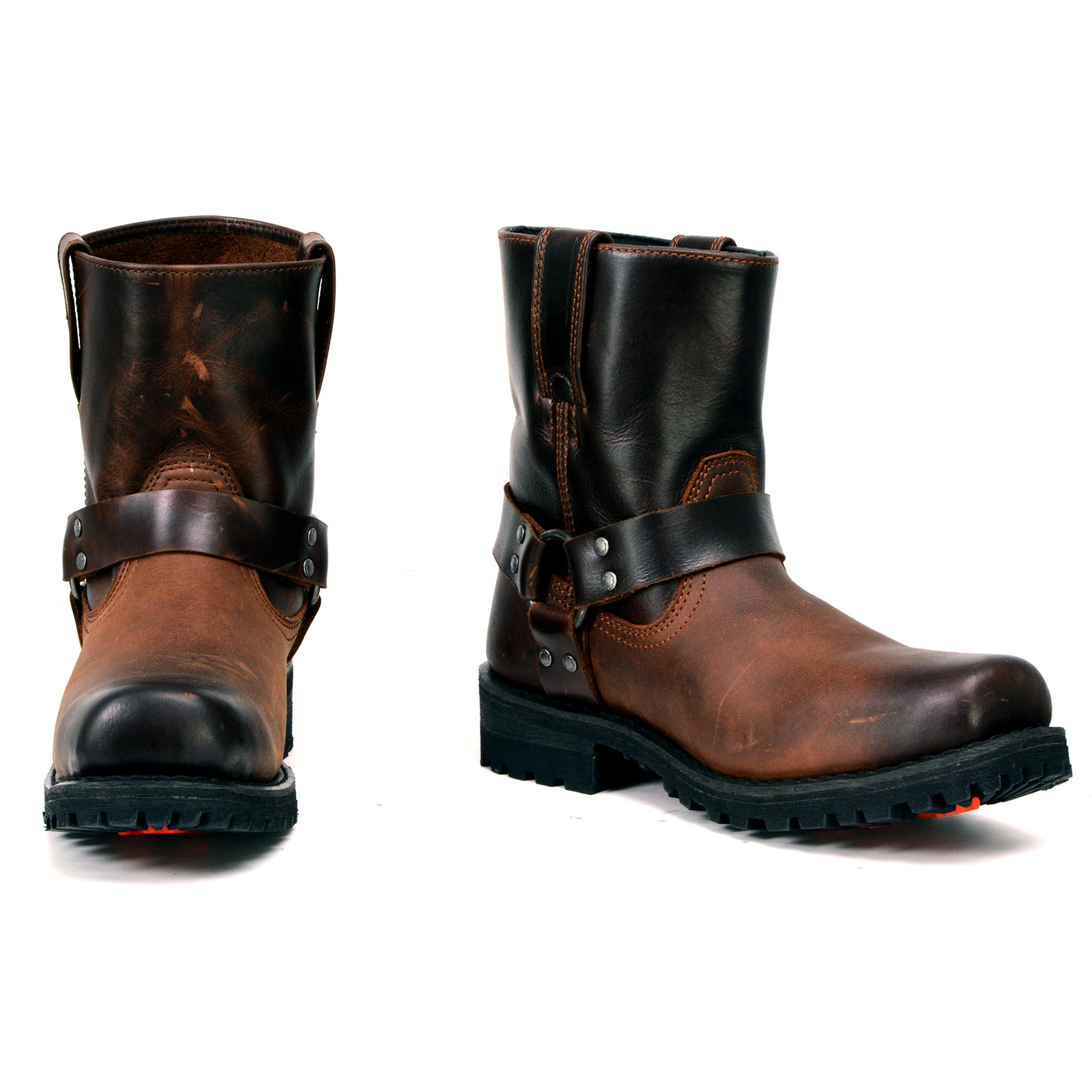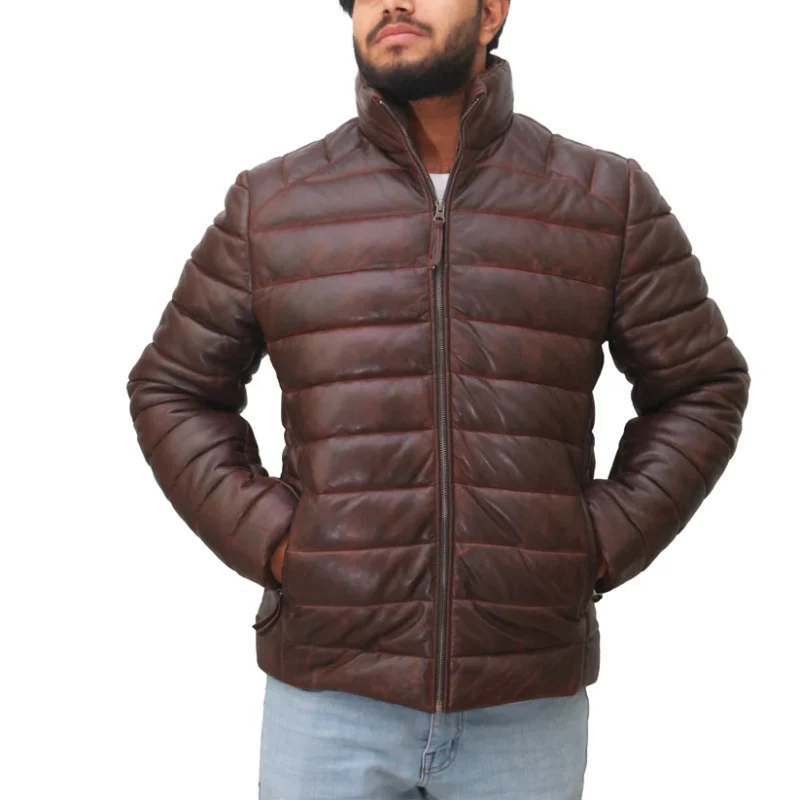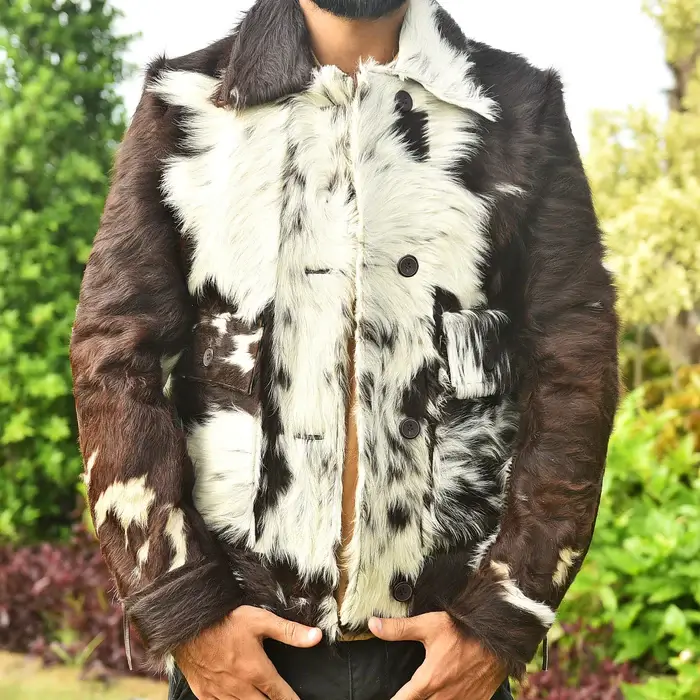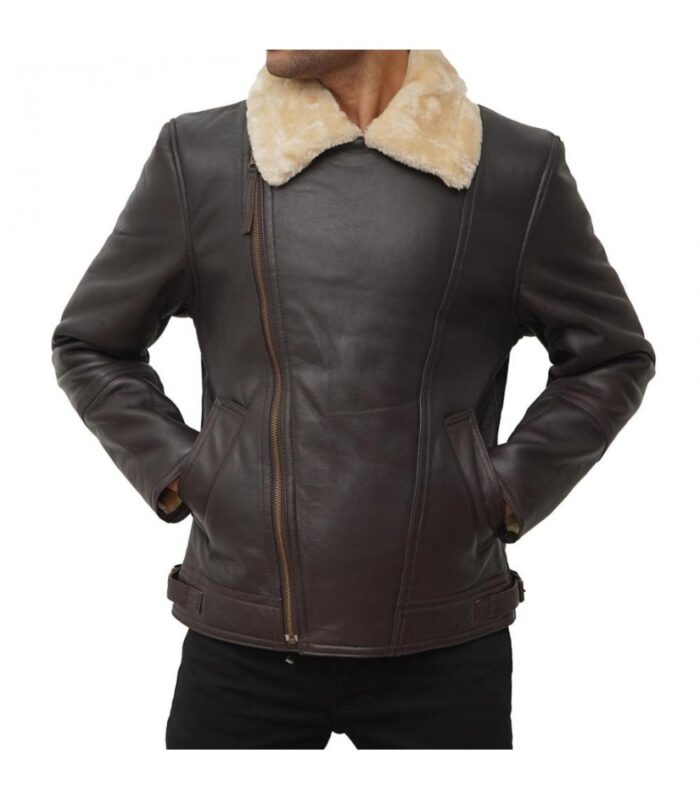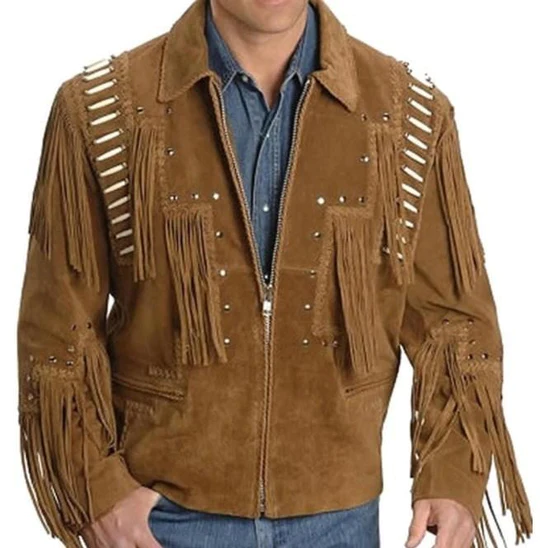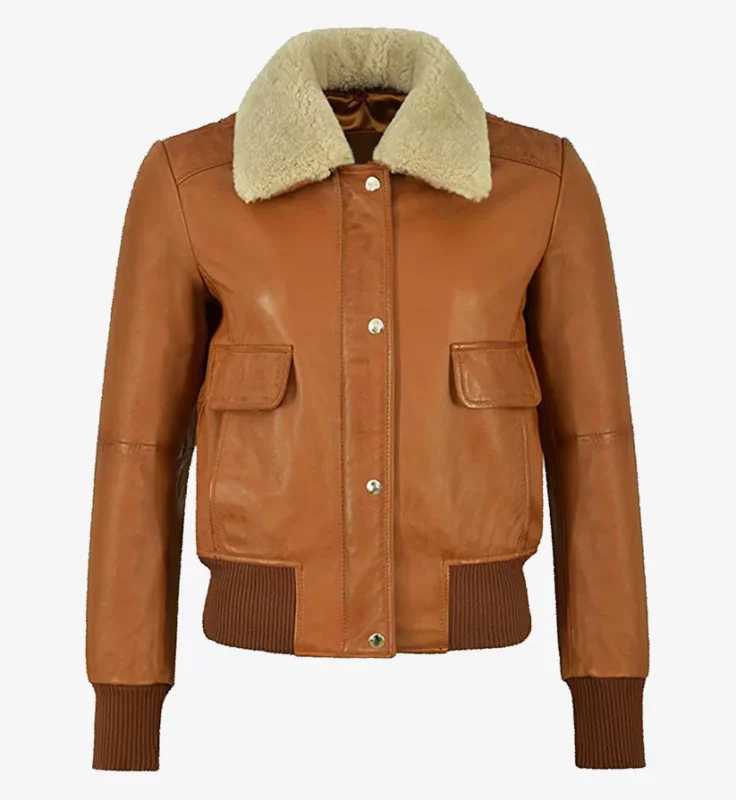Leather jackets aren’t just fashion statements—they’re armor for the everyday rebel. But let’s face it, not all leather is created equal. Some hides crack after a few winters, while others age like fine wine, getting better with every scrape and scuff. So, what’s the toughest leather for a leather jacket? Spoiler: It’s not just about thickness. Buckle up, because we’re diving into the wild world of rugged hides, from full-grain cowhide to kangaroo leather (yep, that’s a thing).
Why Toughness Matters in a Leather Jacket
The “Survival of the Fittest” Test
Imagine this: You’re caught in a downpour, scrape against a brick wall, or spill coffee on your jacket. A flimsy hide will bail on you faster than a cat dodging a bath. But a tough leather? It’ll laugh in the face of chaos. Durability isn’t just about lasting decades—it’s about looking cool while doing it.
Dark Brown Mens Downs Leather Puffer Jacket
The Myth of Thickness
Most folks think thicker leather = tougher. Not quite. A 2mm cowhide might feel sturdy, but if it’s poorly tanned, it’ll crack like a stale cookie. Meanwhile, thinner horsehide (1.3mm) can outlast it thanks to tight fibers. It’s all about the grain, tanning process, and animal source.
Contenders for the Toughest Leather Jacket Material
Leather jackets come in various types, each boasting unique characteristics. The durability of a leather jacket largely depends on the animal hide used and the tanning process it undergoes. Let’s explore some of the most common leathers used in jacket manufacturing.
Cowhide: The Classic Choice
Cowhide is perhaps the most prevalent leather in the jacket industry. Known for its thickness and durability, cowhide offers excellent resistance to wear and tear. It’s the go-to choice for many, especially in the motorcycle community, due to its protective qualities.
Pros:
- Durability: Cowhide is strong and can withstand rough conditions.
- Availability: Being a byproduct of the beef industry, it’s readily available.
- Affordability: Generally, more affordable than some exotic leathers.
Cons:
- Weight: Cowskin jackets can be heavy, which might be uncomfortable for some.
- Break-in Period: They require time to soften and conform to the wearer.
Genuine Pony Skin Leather Cow Print Jacket Mens
Horsehide: A Sturdy Contender
Horsehide has been a favorite for those seeking a tough and resilient leather jacket. It’s denser than cowhide, offering a sleek appearance and a slightly different texture.
Pros:
- Density: Provides excellent protection due to its tight fiber structure.
- Aging: Develops a unique patina over time, adding character to the jacket.
Cons:
- Availability: Less common, making it more expensive.
- Stiffness: Can be rigid initially, requiring a longer break-in period.
Goatskin: Flexibility Meets Durability
Goatskin strikes a balance between durability and flexibility. It’s lighter than cowhide and horsehide but doesn’t compromise on strength.
Pros:
- Softness: Offers a supple feel right from the start.
- Water Resistance: Naturally more water-resistant than other leathers.
- Flexibility: Provides ease of movement, making it comfortable for daily wear.
Cons:
- Texture: Has a distinct pebble grain that might not appeal to everyone.
- Thickness: Generally thinner, which might offer less protection in certain scenarios.
Men’s Brando Brown Leather Sherpa Moto Jacket
Kangaroo Leather: The Underdog Champion
Kangaroo leather might not be as well-known, but it’s renowned for its exceptional strength-to-weight ratio. Surprisingly, it’s one of the toughest leathers available.
Pros:
- Strength: Offers high tensile strength, making it resistant to tears and abrasions.
- Lightweight: Despite its strength, it’s lighter than most other leathers.
- Flexibility: Provides a comfortable fit without sacrificing durability.
Cons:
- Availability: Not as widely available, leading to higher costs.
- Perception: Some might have reservations due to ethical concerns.
Comparing Leather Thickness and Strength
When evaluating the toughness of a leather jacket, both thickness and strength play crucial roles. However, thicker doesn’t always mean tougher. For instance, kangaroo leather, despite being thinner, boasts a higher tensile strength compared to thicker cowhide. It’s essential to consider both factors to determine the overall durability of the jacket.
Brown Suede Leather Fringe Jacket
Factors Affecting Leather Durability
Several elements influence the longevity and toughness of a leather jacket:
- Tanning Process: The method used can enhance or diminish the leather’s durability.
- Maintenance: Regular care, including cleaning and conditioning, prolongs the jacket’s life.
- Usage: Exposure to harsh conditions can wear down even the toughest leather over time.
Choosing the Right Leather for Your Needs
Selecting the ideal leather depends on your specific requirements:
- For Protection: If you’re seeking maximum protection, especially for activities like motorcycling, cowhide or horsehide are excellent choices.
- For Comfort: For everyday wear with a focus on comfort, goatskin offers a soft and flexible option.
- For Lightweight Durability: If you desire a lightweight yet tough jacket, kangaroo leather stands out as a top contender.
How to Spot a Tough Leather Jacket (Before Buying)
The Scratch Test
Run your nail lightly over the surface. If it leaves a mark that vanishes, the leather has natural oils. If the scratch stays? Cheap, coated stuff.
Check the Edges
Raw, unfinished edges = full grain. Plastic-like edges? Likely corrected grain (sandpapered and painted).
Smell It
Real leather smells earthy and rich. If it reeks of chemicals, run.
Womens Cognac B3 Bomber Jacket With Sherpa Collar
Care Tips to Keep Your Leather Jacket
Avoid the 3 Deadly Sins
- Heat: Never dry near a radiator—it’ll turn your leather fur jacket into jerky.
- Water: Blot spills fast; don’t soak it.
- Neglect: Condition it twice a year with Lexol Leather Conditioner.
Storage Hacks
- Use a wide hanger to keep the shape.
- Stuff sleeves with acid-free paper to prevent creases.
FAQs About Leather Jackets
Q: Can a leather jacket survive snow?
A: Totally! Just pick waxed leather or treat it with a waterproofing spray.
Q: Is vegan leather as tough?
A: Nah, it’s plastic (PU or PVC). It cracks faster than a dad joke.
Q: Why is my jacket stiff?
A: New leather needs breaking in. Wear it while binge-watching Netflix—it’ll mold to you.
Q: How long should a good leather jacket last?
A: With care? 20+ years. I’ve got my dad’s 1980s bomber, and it’s still kicking.
Final Verdict—What’s the Toughest?
If you want bulletproof durability: Go full-grain cowhide. It’s affordable and battle tested.
If you’re a weight-conscious adventurer: Kangaroo leather is your jam.
For vintage vibes: Horsehide ages like George Clooney.
Either way, a tough leather jacket isn’t just clothing—it’s a legacy. Treat it right, and it’ll outlive your car, your phone, and maybe even your houseplants.
